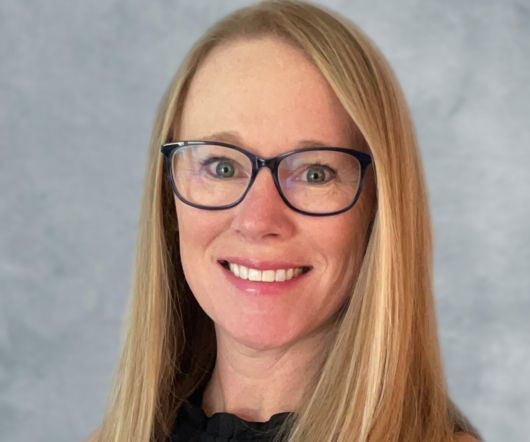Providence caregiver benefits protect your health, support your well-being and help you plan for the future
Providence
JANUARY 29, 2021
January 29, 2021 Care starts with our caregivers – which is what we call everyone work works at Providence, regardless of role. We value all who give their time and energy to work with us, whether they’re a doctor or nurse, phlebotomist, environmental services worker or lab technician.

















Let's personalize your content